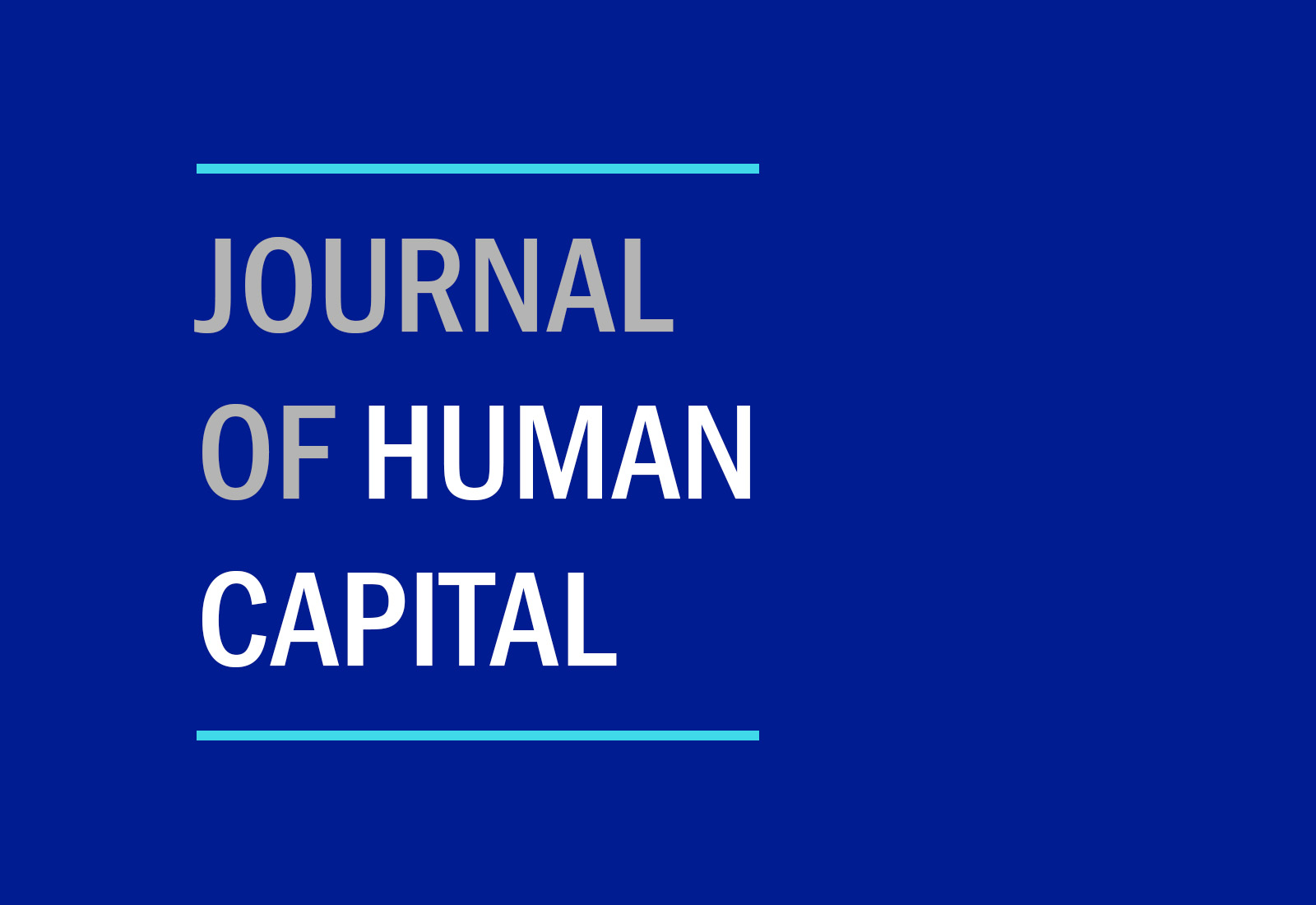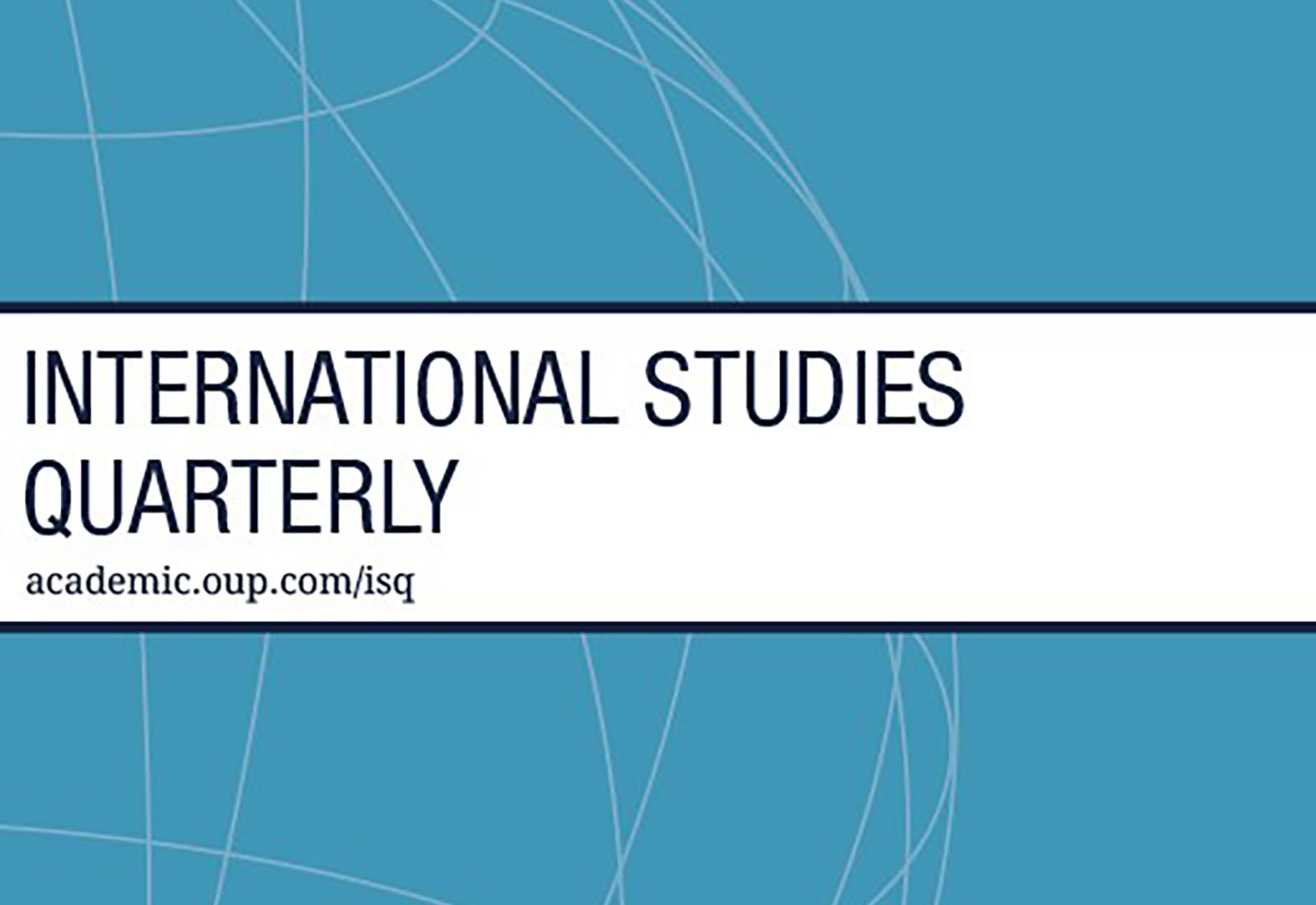The role of financial development in the relationship between income inequality and economic growth: an empirical approach using cross-country panel data
Abstract
The study complements the existing literature on the role of credit constraints in the interplay between income inequality and economic growth. The question “what type of financial development matters for inequality-growth relationship” is answered empirically by adopting a multi-dimensional index of financial development. The analysis covers 35 OECD member countries and 34 non-OECD economies starting from the year 1980 with varying coverage across countries. The results of the panel estimation techniques suggest that in the non-OECD countries, income inequality is positively associated with subsequent growth of per capita GDP under sufficiently developed financial markets. If the markets are poorly developed, the partial correlation between inequality and growth is statistically insignificant. For OECD countries, the association seems to be non-existent although weak evidence for growth-dampening inequality is found if both the level of inequality is high and the financial markets are highly developed. The results imply that promoting the development of financial markets – rather than institutions – may alleviate the adverse effects of income inequality on economic growth in under-developed countries.
Julkaisun tiedot
Juuti, T. (2022), The role of financial development in the relationship between income inequality and economic growth: an empirical approach using cross-country panel data, Quality & Quantity, 56, 985–1021.
- ISSN: 0033-5177, 1573-7845 (verkkojulkaisu)
- JEL: O11, O15, O40

- Toni Juuti
- erikoistutkija
- Puh. +358-40 940 2853
- toni.juuti@labore.fi
- Tutkijaprofiili


